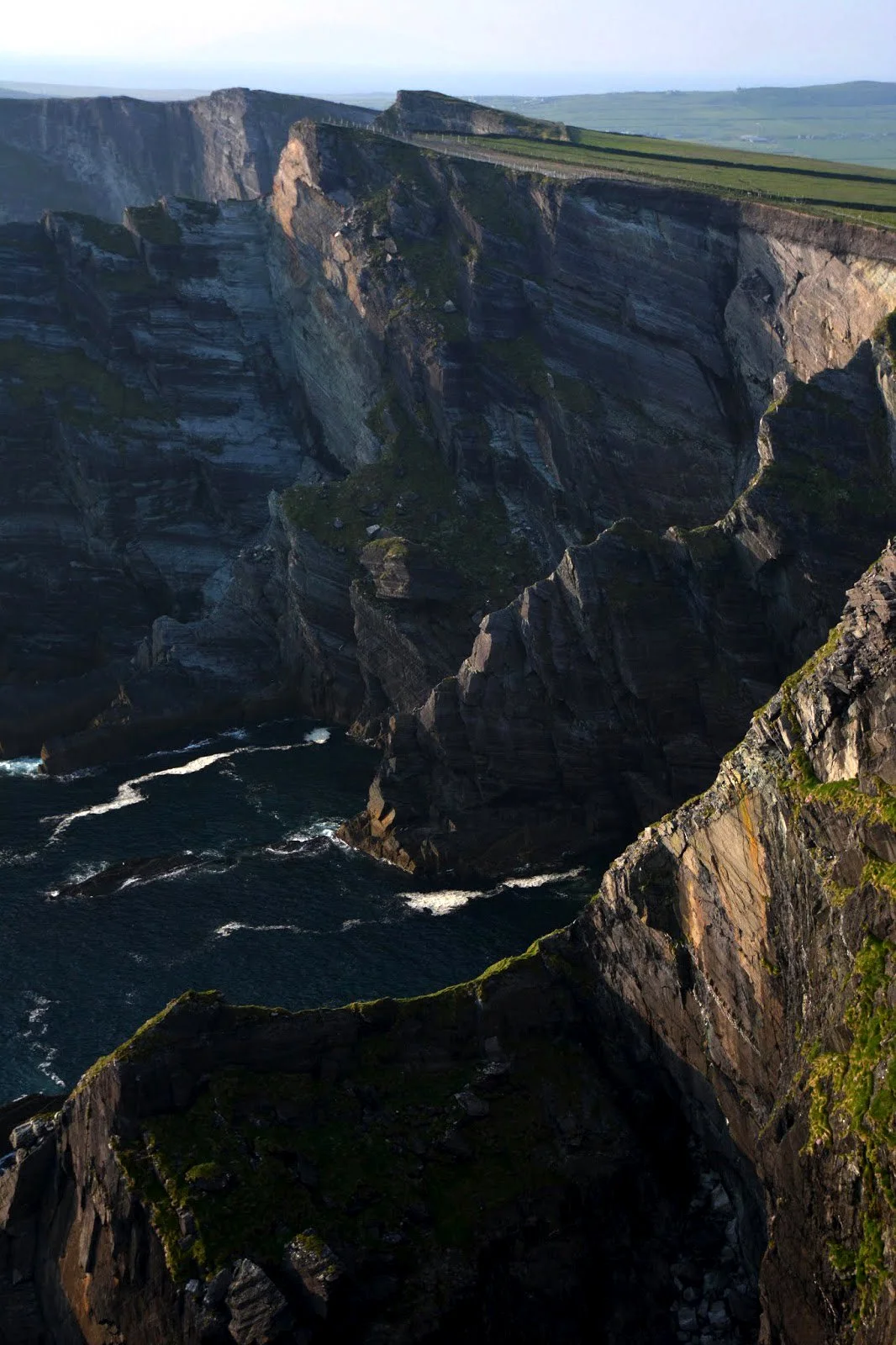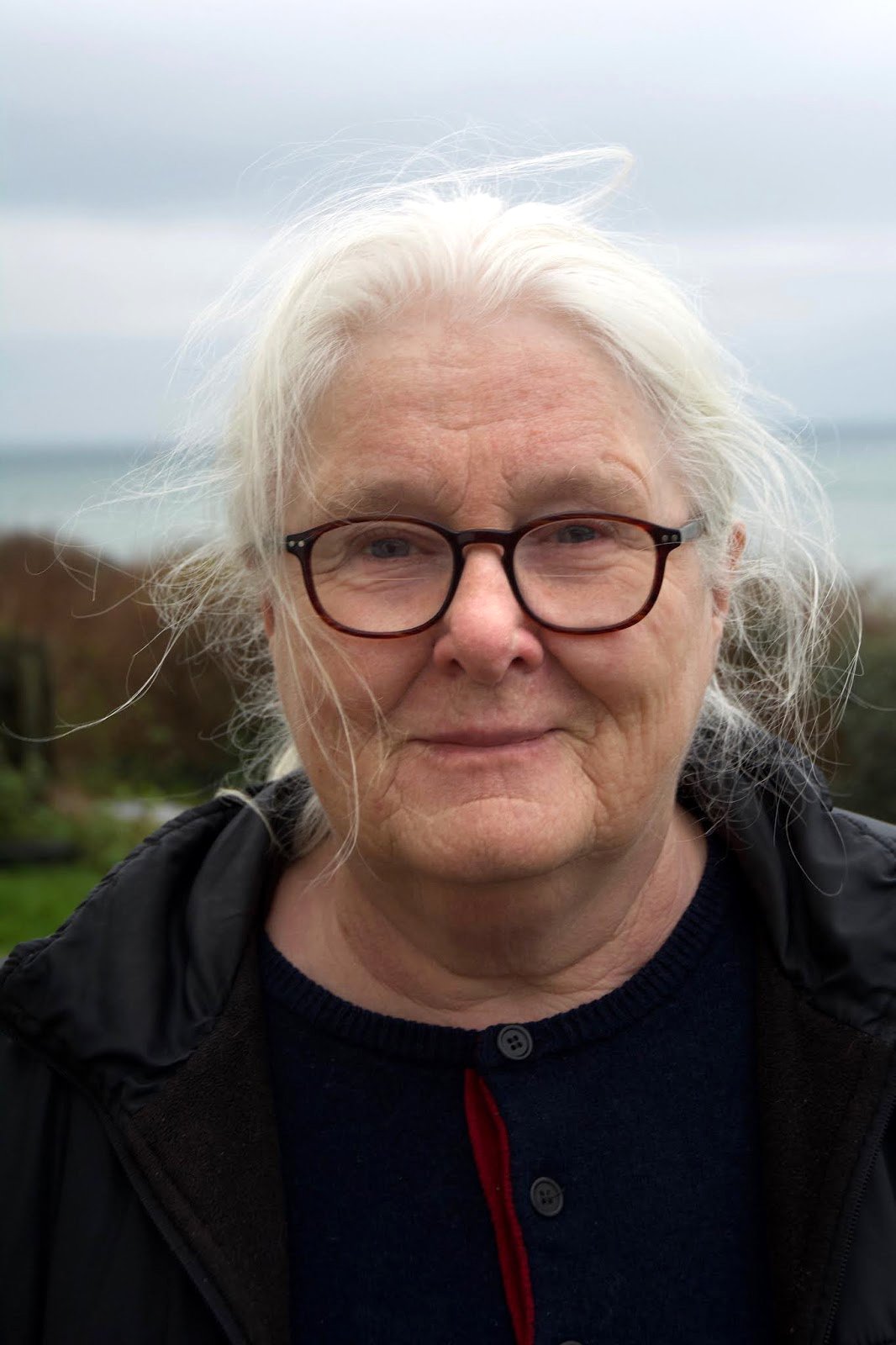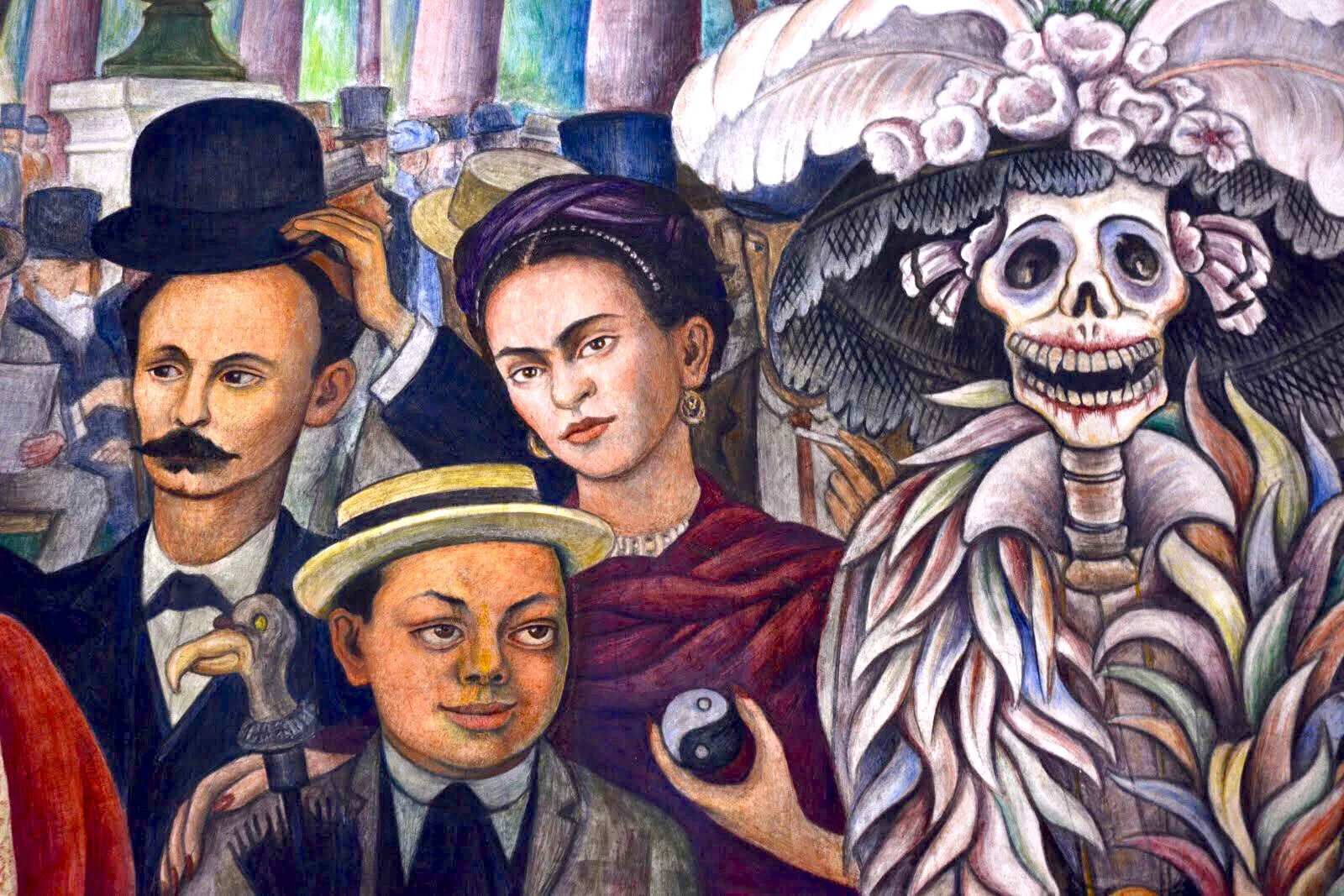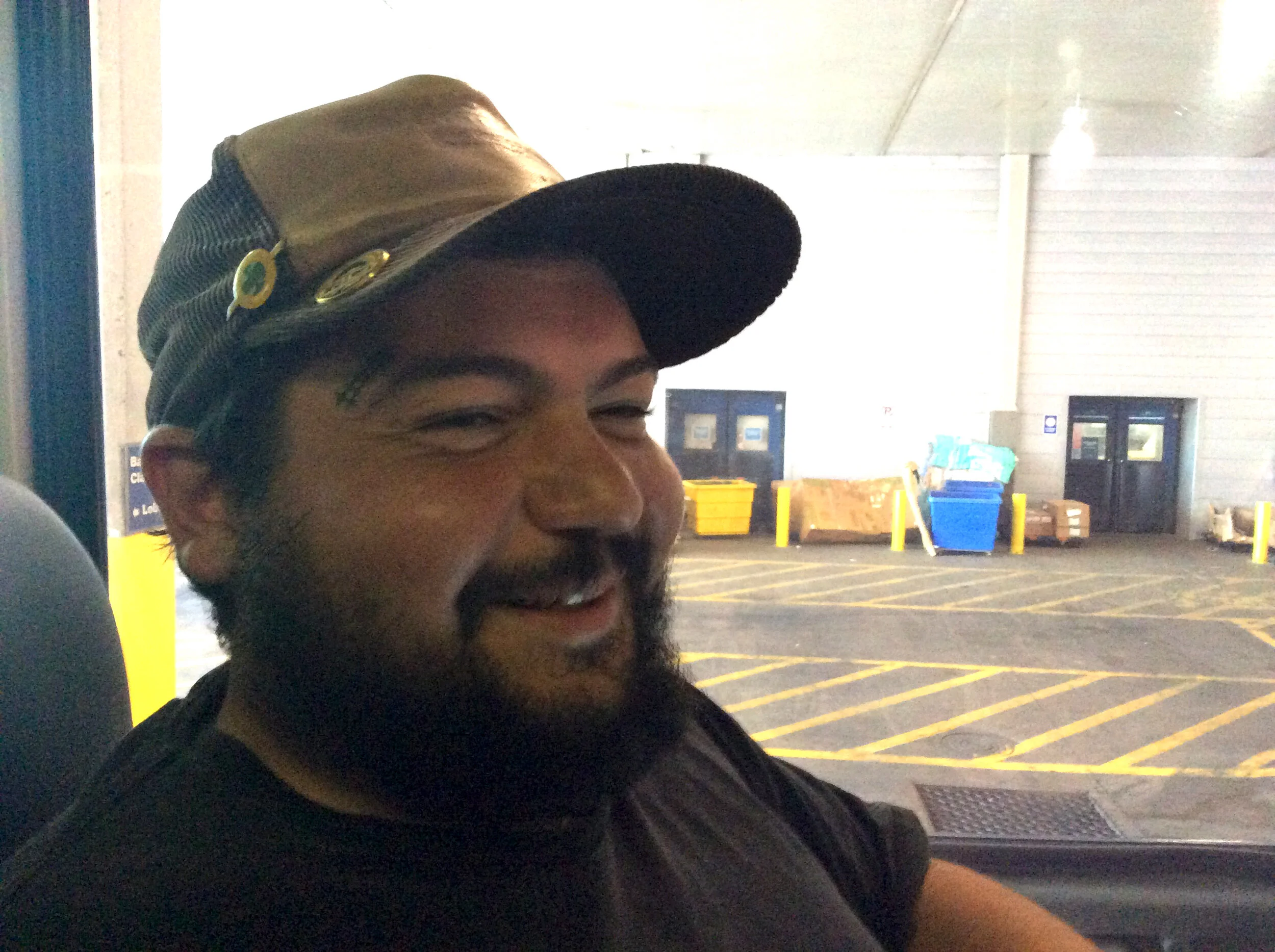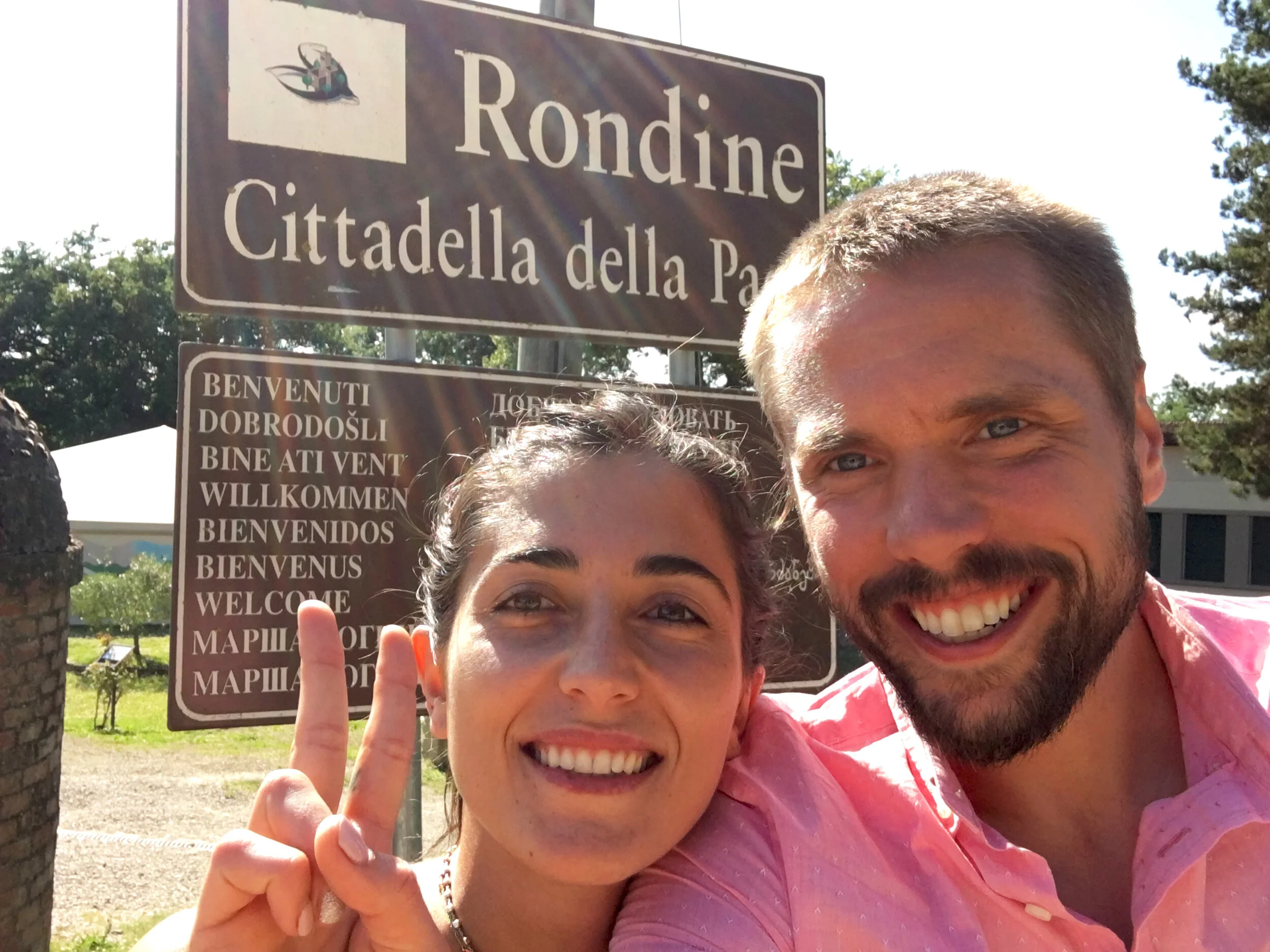“I always keep an open mind about the gentlefolk, you see.”
At her desk overlooking Ireland’s cliff shore set with a pale inlay of the North Atlantic, Soinbhe whispered as if the books surrounding us might hear. In Donegal, you still avoid saying “fairy” whenever you can.
Shelves of classic literature and accounts of the Troubles, fairytales and other Irish history covered three walls of her study, the fourth a window onto the dark-green seascape below. As she handed me a mug of coffee and the wind tapped outside, she pulled one volume from a corner of the library that had her name on the spine: A Hive for the Honeybee. “This one’s quite feminist.” She winked and told me she had been an author before age stole her ability to concentrate. A week later, I would read it cover-to-cover lying on the floor of the Cancun airport on my way to Cuba.
Her voice was so low that I could barely hear what she said, so I leaned in to ask about the collection of fairytales that also had her name on the spine. What was it like to live in Ireland? Do people still believe them? Her eyes twinkled as she smoothed wisps of white hair and deployed a bit more brogue, very very softly.
“D’you see the ringfort over there,” she said, glancing at the shock of green hill closest the sea and pointing inland. “There’s a fairy path from it to the other one there.” Ringforts were ancient grey ruins all over the landscape, I had read. Many attribute their construction to the “gentry” or the “gentlefolk.” The so-called ley lines between them are set apart for the otherworldly creatures in a kind of fragile truce, and rarely do people in Ireland build a house on a known ley line, even today. Soinbhe explained that it was particularly dangerous to be caught unawares when you cross one. “You have to tuck your thumbs into your fists like this.” She held up both hands to teach me the technique—with some urgency, I thought. “Otherwise, they lead you away by your thumbs. I always do it just to be safe.” She sipped her coffee.
“One day I walked my dog over there, and I must have forgotten, because hours later I stumbled home from the forest with no recollection where I’d been. My husband rushed me, panic-stricken, to the hospital to check my wits.” She leaned back. “And there was nothing wrong with me a’tall.” Far below, the waves crested along the entire length of the bay in aching, slow, endless rows.
That night when I crossed the beach in the dark, hearing the rush of surf unseen to my right and sensing the mass of rock face ahead that I would ascend by a narrow path, I kept one thumb tucked into my fist, the other out.

